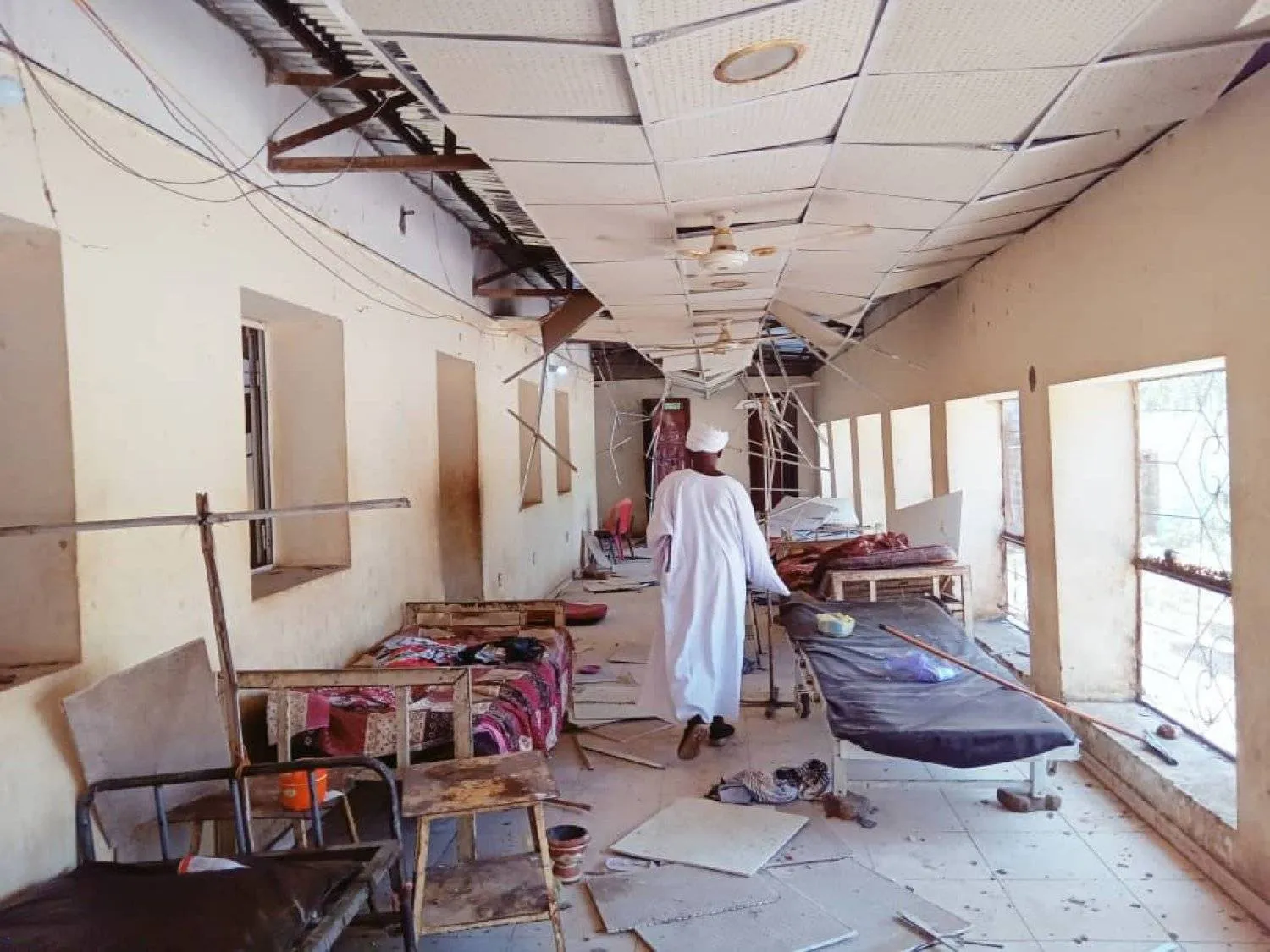The Sudanese army carried out on Tuesday heavy air strikes against the Rapid Support Forces (RSF) in Darfur and Gezira, leaving scores of civilians dead and injured.
The strikes targeted the cities of El Daein in Eastern Darfur, At Tawisha in Northern Darfur, and Al-Hasaheisa in Gezira.
The strikes also hit infrastructure, such as El Daein civilian hospital and a school housing the displaced.
Posts on social media showed photos and videos of the losses in lives and property.
Citizens told Asharq Al-Awsat that the RSF was not deployed in the targeted areas.
Several innocent people have been killed and many more wounded, sparking a wave of anger and demands that the areas be declared no-fly zones to protect them from attacks, they added.
Clashes on the ground between the army and RSF had died down in recent weeks, while the army has instead resorted to air raids to attack the rival forces. The RSF has resorted to heavy artillery.
Scores of people have been killed in the fighting.
A spokesman of the RSF delegation at the Geneva peace talks urged imposing an air embargo on areas held by his forces.
There is an utmost priority to deliver humanitarian aid to the people, which is being impeded by the arbitrary air strikes, he added.
He said strikes were among the issues the RSF is discussing at the Geneva talks. Other issues include the delivery of aid and reaching a ceasefire.
No tallies of the latest casualties from the attacks on Darfur could be verified due to the breakdown in communication and air strikes.
Amnesty International had demanded in July imposing an arms embargo on Sudan in line with the 2005 United Nations Security Council resolution 1591.
Sudan’s conflict, which erupted in April 2023, has created the world’s largest displacement crisis. More than 10.7 million people have been forced to flee their homes since fighting began, according to the International Organization for Migration. Over 2 million of those fled to neighboring countries.
Fighting has spread to more than 80 percent of the country.
The IOM said last week that one in five people in Sudan are internally displaced.









